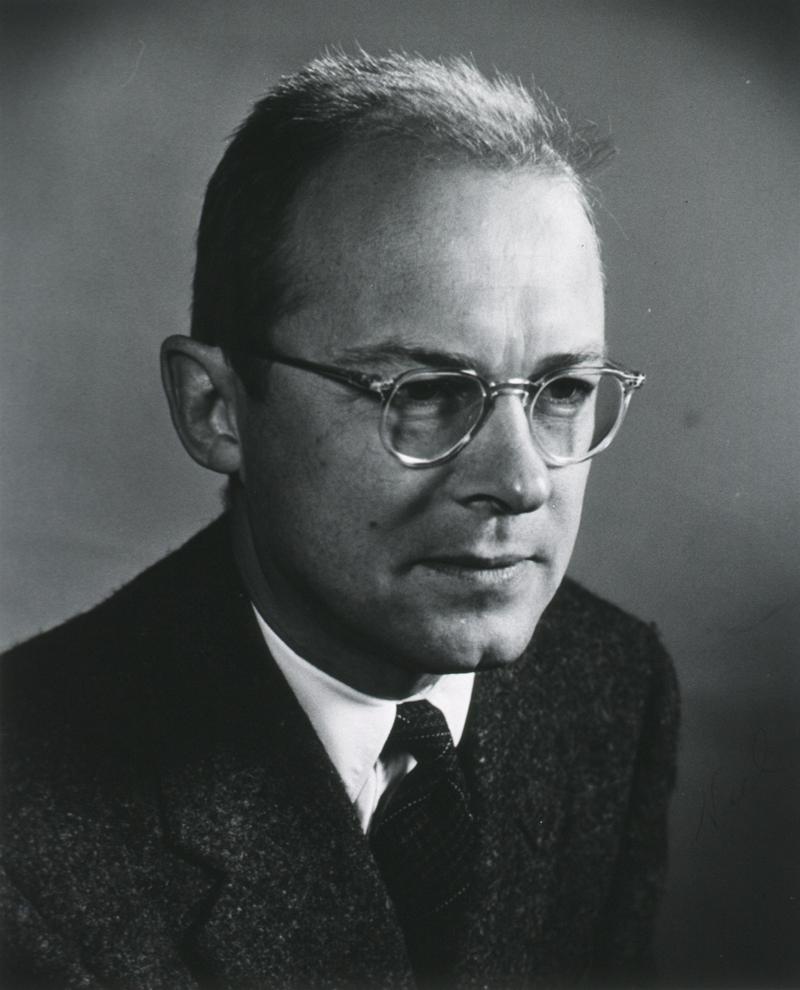In the late 1940s, an incurable blood disease plagued the African-American community, causing pain, fatigue and infections triggered by misshapen red blood cells. By studying families, James van Gundia Neel discovered the basis for the condition, proving that people with the worst symptoms of the disease had inherited two specific genes.
This opened the door for genetic testing, allowing couples to predict the likelihood that their children might inherit sickle-cell anemia traits.
Prior to this discovery, Neel was no stranger to large-scale genetic experiments.
Following the 1945 atomic bombings of Hiroshima and Nagasaki, Neel coordinated a government effort to assess survivors and their offspring for the genetic defects caused by radiation exposure. The study revealed no abnormalities in children of survivors.
At the end of his career, Neel – considered a father of human genetics – studied “rogue cells” in people infected with certain viruses, making the connection between viral conditions and genetic damage that causes cancer.







